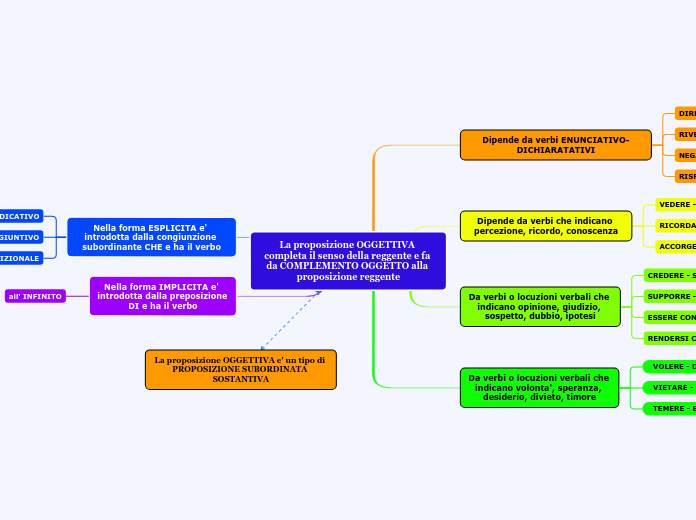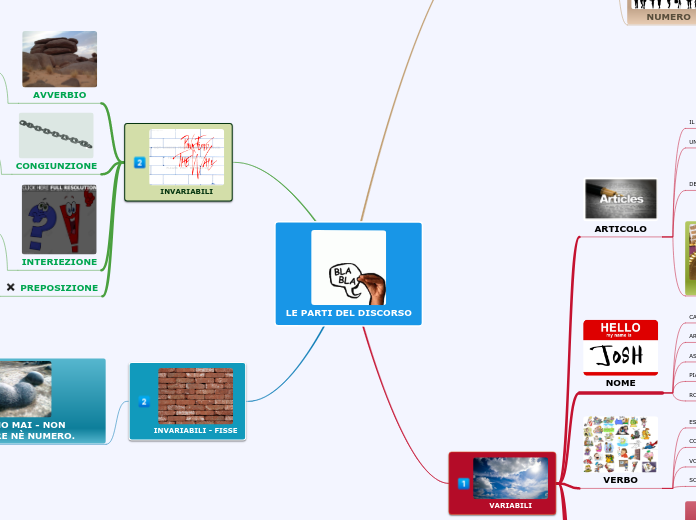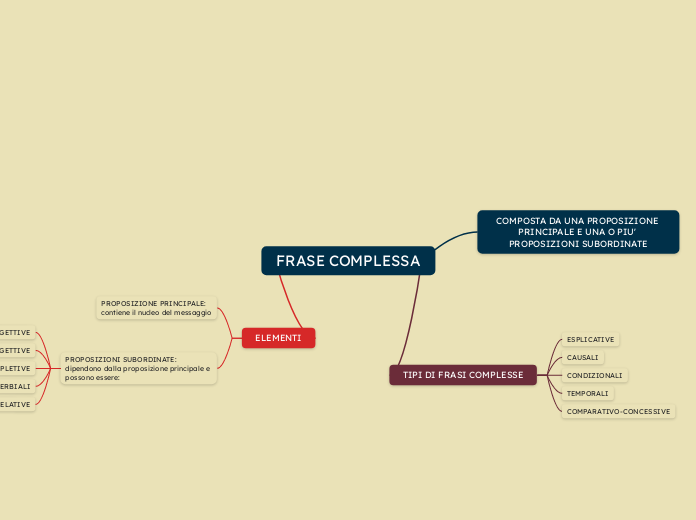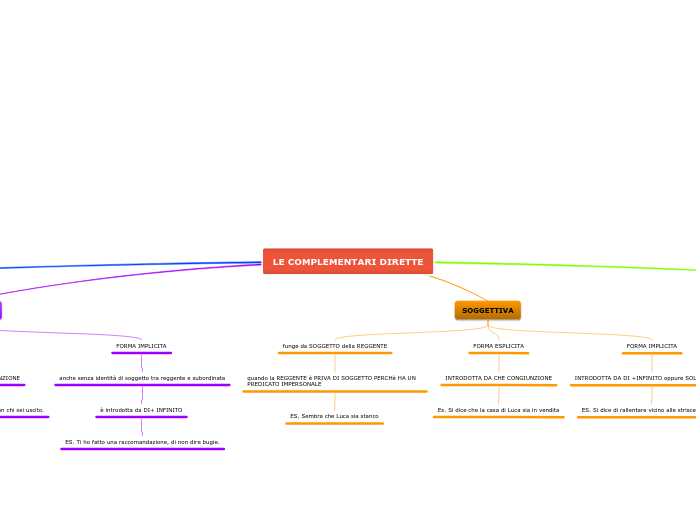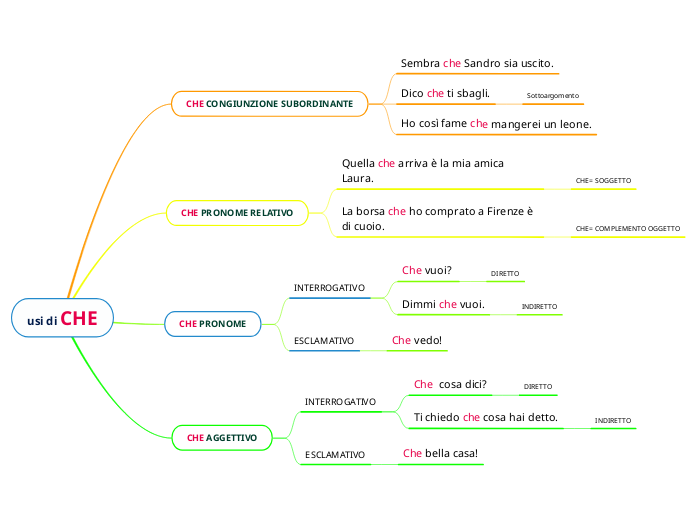La proposizione OGGETTIVA e' un tipo di PROPOSIZIONE SUBORDINATA SOSTANTIVA
La proposizione OGGETTIVA completa il senso della reggente e fa da COMPLEMENTO OGGETTO alla proposizione reggente
Conflict is present everywhere in the world around us. We experience conflict on a daily basis, and it can be minor or major.
Conflict in a story is a struggle between opposing forces. Characters must act to confront those forces and there is where conflict is born. If there is nothing to overcome, there is no story. Conflict in a story creates and drives the plot forward.
Nella forma IMPLICITA e' introdotta dalla preposizione DI e ha il verbo
In this type of conflict, a character must take on society itself, and not a single person. The character stands at odds with societal norms and realizes the necessity to work against these norms. This is an external conflict.
all' INFINITO
Give examples of man versus society conflict in a literary work.
Nella forma ESPLICITA e' introdotta dalla congiunzione subordinante CHE e ha il verbo
A more contemporary type of conflict, this situation results from humans involved in a struggle with man-made machines. This is an external conflict.
al CONDIZIONALE
al CONGIUNTIVO
As this conflict is more science fiction based, in real life we can't find such examples.
However, as technology became a big part of our lives there are some situations that man made machines affects our lives.
Find such examples.
all' INDICATIVO
Give examples of man versus machine conflict in a literary work.
Da verbi o locuzioni verbali che indicano volonta', speranza, desiderio, divieto, timore
TEMERE - ESSERE DESIDEROSO
VIETARE - IMPEDIRE - CONCEDERE
VOLERE - DESIDERARE - SPERARE -
Da verbi o locuzioni verbali che indicano opinione, giudizio, sospetto, dubbio, ipotesi
This conflict develops from a protagonist’s inner struggles and may depend on a character trying to decide between good and evil or overcoming self-doubt. This conflict has both internal and external aspects, as obstacles outside the protagonist's force them to deal with inner issues.
RENDERSI CONTO - PRENDER ATTO
ESSERE CONSCIO - ESSERE CONSAPEVOLE
SUPPORRE - IPOTIZZARE - RITENERE
Give examples of man versus self conflict in the real world.
CREDERE - SAPERE - PENSARE
Give examples of man versus self conflict in a literary work.
Dipende da verbi che indicano percezione, ricordo, conoscenza
In this type of conflict, a character is tormented by natural forces such as storms or animals. This is also an external conflict.
ACCORGERSI - RIFIUTARSI - DEGNARSI
RICORDARE - DIMENTICARSI - CAPIRE
Give examples of man versus nature conflict in the real world.
VEDERE - SENTIRE - UDIRE
Give examples of man versus nature conflict in a literary work.
Dipende da verbi ENUNCIATIVO-DICHIARATATIVI
A situation in which two characters have opposing desires or interests. The typical scenario is a conflict between the protagonist and antagonist. This is an external conflict.
RISPONDERE - PROMETTERE
NEGARE - PROCLAMARE - RACCONTARE
Give examples of man versus man conflict in the real world.
RIVELARE - SCRIVERE - TACERE
DIRE - AFFERMARE - RIFERIRE
Give examples of man versus man conflict in a literary work.
